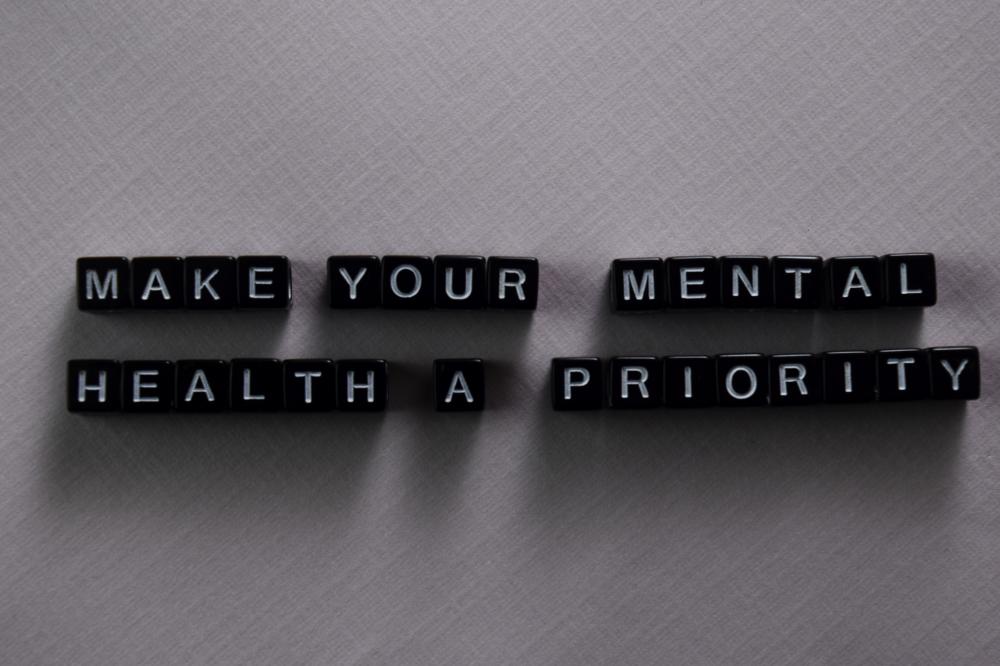
The Importance of Mental Health Awareness
In Boise, Idaho, mental health awareness has taken center stage as communities recognize the crucial role mental well-being plays in overall health. Mental illness affects one in four Idahoans, making awareness efforts vital for early intervention and support. With advancements in research and treatment, understanding mental health challenges fosters a community that encourages openness and reduces stigma.
Raising awareness about mental health in Boise, Idaho, involves collaborating with local organizations to provide education and resources. These initiatives aim to equip individuals with the knowledge to recognize symptoms and seek help. By creating supportive networks, communities can ensure those affected by mental health issues have access to necessary services and feel empowered to reach out for support.
Numerous events and workshops are held throughout the year in Boise, focusing on mental health education. These gatherings are designed to engage both professionals and the general public, emphasizing the importance of prioritizing mental wellness. Through open dialogues and shared experiences, a collective understanding emerges, paving the way for a more inclusive and compassionate community in Boise.
Services Offered by Idaho Behavior
Idaho Behavior is a key provider of mental health services in Boise, offering tailored support to meet diverse client needs. The organization emphasizes evidence-based practices, ensuring high-quality, effective interventions. Their services include individual therapy, family counseling, and skill-building sessions, catering to all ages and addressing a wide range of challenges such as anxiety, depression, and autism spectrum disorders.
The team at Idaho Behavior adopts a client-centered approach, focusing on empowering individuals to achieve personal goals. By providing a nurturing and supportive environment, they enable clients to gain the confidence and tools necessary for positive behavioral change. The dedication to their clients’ success is reflected in their commitment to ongoing training, ensuring that staff remains at the forefront of behavioral health advancements.
Accessibility and a Supportive Environment
Creating a welcoming atmosphere is a cornerstone of Idaho Behavior’s mission in Boise, Idaho. Their facility is designed to be accessible, ensuring that individuals and families feel at ease when seeking help. The organization’s commitment to making a positive impact extends beyond service provision, fostering resilience and mental wellness throughout the community.
Idaho Behavior’s client-centered approach means that each individual is treated with dignity and respect, creating a space where clients feel heard and understood. This supportive environment encourages open communication, which is often the first step toward meaningful change and recovery.
Impact of Mental Health on Local Communities
The impact of mental health extends beyond the individual, influencing the community’s overall well-being. In Boise, Idaho, addressing mental health challenges is integral to improving quality of life. As individuals embark on their paths to recovery, they contribute positively to the social and economic fabric of the community, fostering a healthier, more productive environment.
By supporting mental health initiatives, Boise can see a reduction in related issues such as crime, homelessness, and substance abuse. Empowering individuals with mental health support enhances community resilience, enabling a more robust response to various social challenges. Successful mental health interventions generate ripple effects, benefiting not only the individuals involved but also their families and the broader community.
Mental health advocacy in Boise also involves partnerships between organizations, local governments, and healthcare providers. These collaborations work to fill existing gaps in service provision, ensuring that mental health resources are available to all who need them, regardless of socioeconomic status or location within the city.
Stigma and Barriers to Treatment
One of the pervasive issues in mental health care in Boise, Idaho, is the stigma associated with seeking treatment. Many individuals hesitate to reach out for help due to fear of judgment or misunderstanding. This stigma can create significant barriers to accessing mental health services, prolonging suffering and exacerbating symptoms.
Efforts in Boise are underway to dismantle these barriers by promoting open conversations about mental health and challenging misconceptions. Community leaders and mental health advocates are working tirelessly to create an environment where individuals can feel comfortable discussing their mental health without fear of stigma.
Financial constraints and access to services also present significant challenges. Many individuals in rural areas surrounding Boise may find it difficult to access mental health care due to a lack of facilities and practitioners. Addressing these barriers involves expanding services and increasing funding to support mental health infrastructure in underserved regions.
Personal Stories of Recovery and Resilience
Anecdotal evidence from mental health clients in Boise, Idaho, underscores the transformative power of effective treatment and support. One client, who initially struggled with severe anxiety, describes the relief and encouragement found through therapy sessions with Idaho Behavior, highlighting the importance of accessible mental health care.
Another individual shares their journey of overcoming depression with the help of supportive counseling and skill-building resources. These personal narratives not only illustrate the challenges faced by those with mental health issues but also serve as inspiration for others who may be struggling, demonstrating that recovery is achievable with the right support.
The Role of Education in Mental Health
Education is a powerful tool in improving mental health outcomes in Boise. By raising awareness and understanding about mental health, communities can combat stigma and foster a culture of empathy and support. Schools and workplaces play a pivotal role in mental health education, offering programs and resources to promote emotional well-being.
Training programs for professionals are equally essential, ensuring that those in health care, education, and human services are equipped with the skills to recognize and respond to mental health needs. Idaho Behavior is committed to ongoing staff education, maintaining high standards of care and staying informed about the latest in mental health research and practices.
Innovative Approaches to Mental Health Care
In Boise, Idaho, mental health care is evolving with innovative approaches that prioritize holistic and integrative treatment methods. Idaho Behavior is at the forefront of these developments, incorporating techniques that not only address symptoms but also support overall wellness. These include mindfulness practices, peer support groups, and digital health tools designed to enhance accessibility and engagement.
Technology also plays a significant role in expanding mental health services in Boise. Telehealth and mobile applications provide new avenues for reaching rural populations and those unable to attend in-person sessions. By leveraging technology, Idaho Behavior ensures that mental health care is versatile and adaptable to the needs of its clients.
Such innovation reflects a broader trend in mental health care towards personalized, patient-centered approaches. By recognizing the unique contexts and needs of each individual, providers can offer more effective and empowering treatment options that encourage long-term success.
Community-Driven Initiatives and Support Networks
Boise’s community-driven initiatives are pivotal in promoting mental health and providing support networks for those in need. Local organizations and grassroots movements work tirelessly to create accessible spaces where individuals can find resources, share experiences, and build resilience. These community efforts are vital in addressing gaps in mental health services and ensuring no person faces their challenges alone.
Support networks facilitated by Idaho Behavior and other organizations provide a lifeline for many individuals, offering peer support, mentorship, and group therapy sessions. These networks foster a sense of belonging and understanding, enabling individuals to draw strength from shared experiences. Through collaboration, Boise continues to build a robust mental health ecosystem that prioritizes the well-being of all its residents.

What are the top 3 mental health issues in Idaho?
In Idaho, the most prevalent mental health issues tend to be anxiety disorders, depression, and substance use disorders. Anxiety and depression are common nationwide, but Idaho’s rural setting can exacerbate these issues due to social isolation and limited access to care. Substance use disorders are particularly noteworthy because they often co-occur with other mental health challenges, creating a complex web of needs for individuals and families. Addressing these issues requires a multifaceted approach that includes therapy, medication, and comprehensive community support. The emphasis on evidence-based practices by organizations like ours helps ensure that individuals receive the most effective treatment available, improving outcomes across the state. What strategies have you found effective for managing mental health concerns in your community?
What is the mental illness law in Idaho?
Idaho’s mental health laws encompass several important areas, including involuntary commitment, patient rights, and mental health treatment access. The state has provisions for involuntary treatment when individuals are a danger to themselves or others, though this is always a last resort. Patient rights are protected under these laws to ensure dignity and respect during treatment. Access to care remains a priority, with state initiatives aimed at improving mental health services in rural areas. Understanding these laws is crucial for both providers and clients, as they outline the framework for delivering care and protecting individual freedoms. How familiar are you with mental health laws in your area, and do you think they adequately address current needs?
Where does Idaho rank in mental health services?
According to recent data, Idaho often ranks lower than many other states in terms of access to mental health services. This is largely due to its rural geography, which can limit the availability of providers and services. However, there is a strong, ongoing effort by state and local organizations to improve this standing by expanding telehealth options and increasing funding for mental health programs. The dedication of organizations like ours to provide accessible and high-quality mental health care is crucial in these efforts. By leveraging innovative approaches and community-driven initiatives, Idaho is working hard to improve its mental health landscape. What improvements do you think could be made to mental health services in your area?
How does Idaho Behavior support individuals with autism spectrum disorders?
Idaho Behavior takes a comprehensive approach to supporting individuals with autism spectrum disorders (ASD). Our services include tailored therapy sessions, such as Applied Behavior Analysis (ABA), that focus on individual needs and goals. We work closely with families to provide education and resources, ensuring a supportive environment both in therapy and at home. The focus is on building essential life skills and promoting independence, empowering clients to thrive in various settings. Our commitment to ongoing training for staff means that we stay abreast of the latest research and techniques, offering the most effective support possible. What innovative strategies or therapies have you encountered in ASD care?
How can Boise overcome the stigma surrounding mental health care?
Overcoming the stigma around mental health in Boise involves community education, open conversations, and visible support from community leaders. By hosting public events and workshops, we can create a platform for dialogue and reduce misconceptions. Highlighting personal stories of recovery can also be powerful, offering hope and demonstrating that seeking help is a sign of strength. Encouraging collaborative efforts between organizations, schools, and local businesses plays a vital role in normalizing mental health discussions and fostering a culture of empathy and understanding. What steps do you believe are most effective in reducing stigma in your community?
Resources
- National Alliance on Mental Illness (NAMI) – NAMI is a reputable organization dedicated to providing support, education, and advocacy for individuals affected by mental illness. Their website offers valuable resources and information on various mental health conditions.
- Substance Abuse and Mental Health Services Administration (SAMHSA) – SAMHSA is a government agency that leads public health efforts to advance the behavioral health of the nation. Their website offers evidence-based resources and programs for mental health and substance abuse treatment.
- American Psychiatric Association (APA) – The APA is a leading organization of psychiatrists that works to ensure humane care and effective treatment for all persons with mental illness. Their website provides valuable resources on mental health topics and treatment options.
- Centers for Disease Control and Prevention (CDC) – Mental Health – The CDC’s mental health page offers data, statistics, and resources on mental health issues in the United States. It is a valuable source of information for understanding the prevalence and impact of mental health conditions.
- National Institute of Mental Health (NIMH) – NIMH is the leading federal agency for research on mental disorders. Their website provides information on mental health research, publications, and resources for individuals seeking help for mental health conditions.




